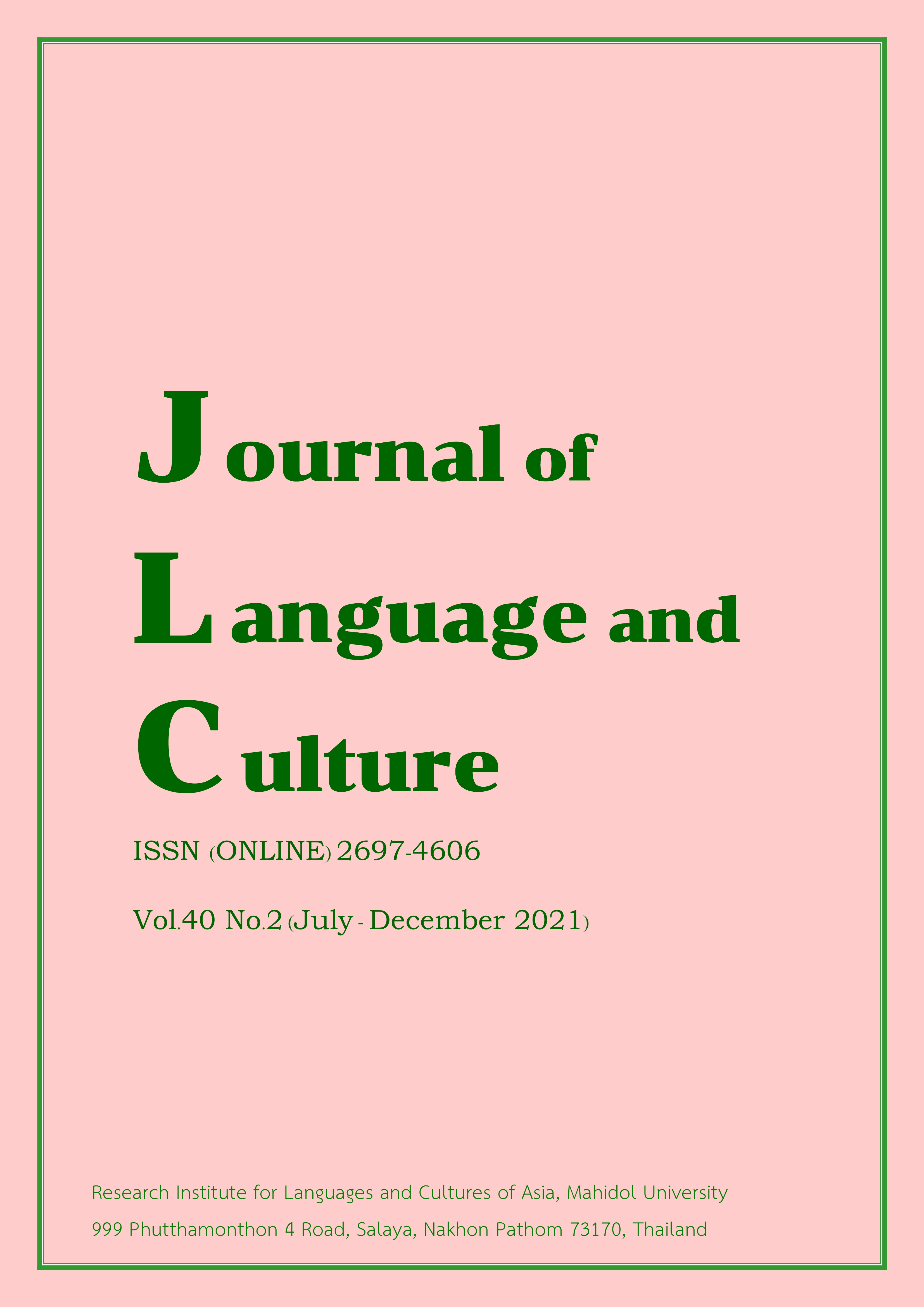Changes of discourse on gender and sexual diversity in sexuality education textbooks from perversion to acceptance under the concept of multiculturalism that is just a discourse
Main Article Content
Abstract
This article aims to examine the changes of discourse on the sexual value of gender and sexual diversity in sexuality education, which was the partial content of the health education and physical education textbook in the Basic Education Core Curriculum B.E. 2551 (C.E. 2008). Such curriculum was revised in 2019 because the civil society, who are concerned with gender and sexual diversity, called for the revision of the textbook that stigmatized LGBTIQN+ as “perverse”. Therefore, this article aims to investigate how the discourse on gender and sexual diversity has changed after the revision of the sexuality content in the textbook by applying Queer theory. Findings indicate that the discourse that stigmatized LGBTIQN+ people as “perverse” was rectified and replaced with a discourse on the value of respect for gender and sexual diversity that is embedded in Thainess, while Thai culture was interpreted as adjustable and falling under the concept of multiculturalism in which racial religious, gender and sexual diversity should be respected. However, although the concept of respect and non-discrimination in sexual diversity under Thainess was presented, the change is a change at the definition level, only as a such, it does not cover many gender and sexuality groups. It also does not cover the issue of gender fluidity. It also identifies the myth that Thailand already recognizes the rights associated with gender and sexual diversity. By ignoring the problems faced by LGBTIQN+ people at both the social and attitudinail levels, the discourse on gender and sexual diversity in sexuality education textbooks is therefore merely a discourse that emphasizes superficial acceptance. The content of the textbook should therefore be improved to increase the body of knowledge and stimulate debates about human rights, patriarchy, binary concepts, and gender stereotypes to establish a better an understanding of the issue of injustice pressing on LGBTIQN+ people.
Article Details
The articles featured in the Journal of Language and Culture (JLC) constitute academic works representing the viewpoints of the respective author(s). It is crucial to note that these opinions do not necessarily reflect those of the Editorial Board.
All articles published in JLC are released under the Creative Commons Attribution 4.0 International License (CC BY 4.0). This license grants permission for unrestricted use, distribution, and reproduction in any medium, provided proper credit is given to the original author(s) and the source.


